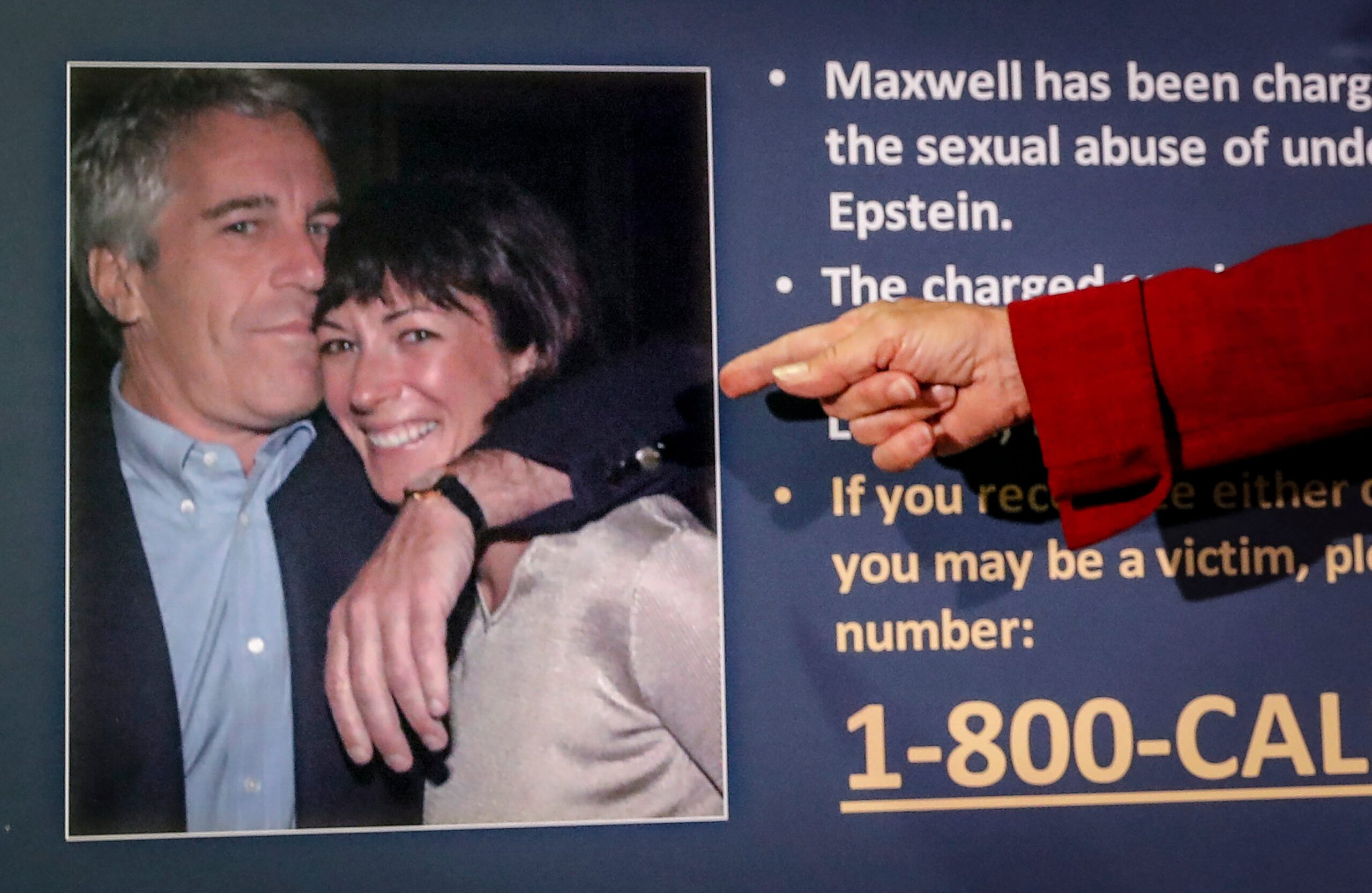WashingtonIn addition to investigating the late Jeffrey Epstein’s sex trafficking charges, a major House committee is attempting to depose Epstein’s ex-girlfriend, Ghislaine Maxwell, and demand documents from President Donald Trump’s Department of Justice.
Just before House Speaker Mike Johnson, R-La., sent legislators home early for a month-long vacation from Washington, the Republican-led House Oversight and Government Reform Committee took action. The committee’s actions demonstrate the growing demand for disclosure in a case that Trump has tried in vain to persuade his followers to overlook. However, they also marked the beginning of what may turn out to be a protracted process.
Suggested Videos
Here are some possible outcomes for the House investigation as legislators look for answers in a case that has generated a lot of conjecture since Epstein’s passing in 2019 and, more recently, led to numerous Trump administration officials breaking their pledges for a full accounting.
The Epstein files subpoena
The subpoena was successfully initiated from a subcommittee by Democrats and three Republicans as the House was departing Washington for its August recess. However, the subpoena discussions were only getting started.
In addition to agreeing to redact the names and private information of any victims, the subcommittee’s request for information is rather extensive and includes un-redacted Epstein files.
As the subpoena’s terms are being crafted, Democrats are insisting that it be completed within 30 days of Attorney General Pam Bondi receiving it. A list of document demands has also been put up by them, which includes correspondence from any president or executive authority on the subject, papers pertaining to Epstein’s death, and the prosecutorial decisions surrounding him.
The fact that the subpoena was accepted with a solid bipartisan vote gives it some weight, but ultimately, the Republicans who control the committee will have more influence over its breadth.
Rep. James Comer, R-Ky., the chairman of the committee, claimed to have informed the speaker that Republicans on the Oversight Committee would take a more assertive stance in their pursuit of disclosure on the Epstein files. We took that action because, in my opinion, that is what the American people desire.
Will Ghislaine Maxwell be removed by Congress?
Comer has expressed his hope that on August 11, at or close to the federal prison in Florida where Maxwell is serving a lengthy sentence for child sex trafficking, committee staff will be able to interview her under oath.
The subject usually has a lawyer present during a congressional deposition to assist them in answering or refusing to answer questions while preserving their civil rights. Although it might not matter in this case because Maxwell has already been found guilty of many of the things she will probably be questioned about, subjects also have the option to refuse to answer questions if doing so could be used against them in a criminal proceeding.
Maxwell has already conducted 1 1/2 days of interviews with Justice Department officials this past week and has the option to negotiate some of the parameters of the deposition.
But Democrats caution that Maxwell should not be trusted.
This week, Rep. Robert Garcia, the top Democrat on the oversight committee, told reporters, “We should understand that this is a very complex witness and that this person has caused great harm and is not a good person to many people.”
The House is seeking to subpoena other people.
Committee Republicans also moved to subpoena a number of other individuals, including former Senator Hillary Clinton, former President Bill Clinton, and previous attorneys general going all the way back to George W. Bush’s Alberto Gonzales.
Though Comer has stated, “We’re going to move quickly on that,” it is unclear how this broad list of suggested subpoenas will actually unfold.
How is Pam Bondi going to comply?
Trump has a history of opposing subpoenas and congressional probes. Additionally, the Justice Department can negotiate the terms of how it will fulfill the subpoena, just like it can with most subpoenas. Additionally, it may raise legal objections to disclosing certain information.
Joshua A. Levy, a partner at Levy Firestone Muse and a Georgetown Law School professor of congressional investigations, stated that the outcome of the subpoena will rely on whether the administration wishes to resolve the issue through the conventional accommodation process with the House or if one or both sides solidify their positions.
Congress can attempt to enforce the subpoena in a number of ways if they are unhappy with Bondi’s response or if she refuses to provide any information. Holding Bondi in contempt of Congress, however, would need a vote.
Although it is almost unheard of for one political party to vote to imprison a member of its own party in contempt of Congress, the Epstein scandal has also caused a rift inside the Republican Party.
Increasing demands for information from the Trump administration
In the end, the bipartisan vote to subpoena the documents demonstrated the growing political pressure on the Trump administration to make the documents public. Many members of Congress want to see a complete accounting of the sex trafficking probe since politics, policy, and the law are all intertwined in this case.
Rep. Summer Lee, D-Pa., a committee member, stated that we cannot permit people, particularly those in the highest echelons of our government, to shield child sex traffickers.
There is already a chance that political tensions will increase under the Trump administration. A bipartisan group of House legislators is trying to push a bill that would require the public release of the Epstein files to a full House vote when Congress reconvenes in Washington in September.
___








